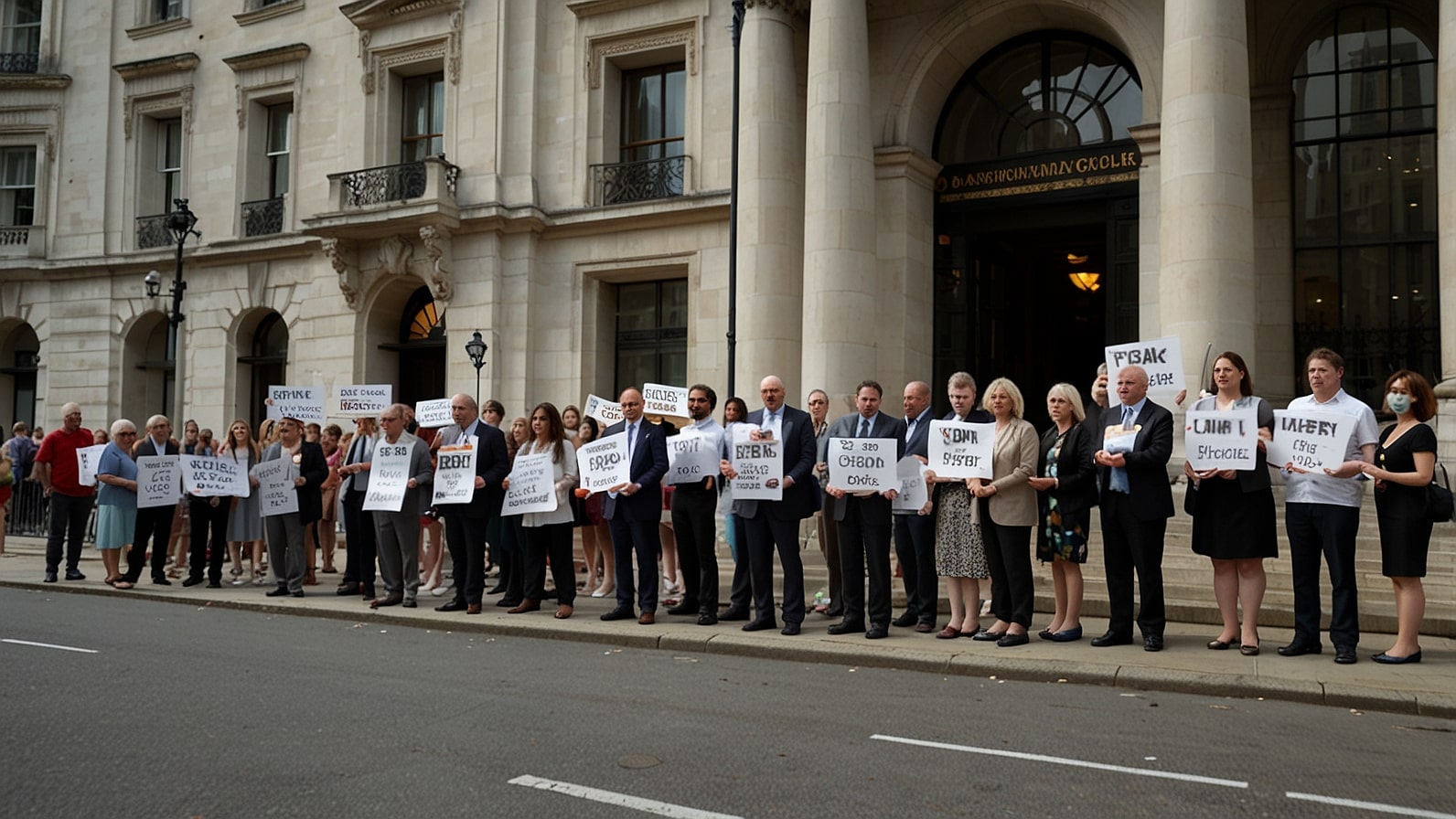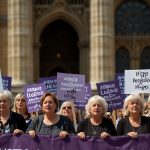
UK Personal Allowance Tax Raise 202
The issue of increasing the personal allowance for the 2025/26 taxpayer has become a matter of national outrage, with thousands of petitions and calls to action by citizens to raise the tax-free earnings limit, which is currently set at £ 12,570. With inflation and wage rises keeping consumers in higher tax brackets, proposals to increase the personal allowance by a substantial amount have been gaining traction. This article discusses the current changes, whether the increase will occur, as well as its possible consequences for taxpayers and the government’s position by July 2025.
The Current Personal Allowance and the Fiscal Drag
The personal allowance, or the level of income that someone can earn before paying income tax, has remained at GBP 12,570 since the tax year 2021/22. This freeze was extended until April 2028 by the preceding Conservative administration. The financial effect of this stagnation, coupled with increasing wages and inflation, has resulted in what is known as fiscal drag —the impact of more people being drawn into paying taxes or facing increased tax rates without an increase in the tax base. Based on the calculations of the Office for Budget Responsibility (OBR), this freeze is expected to raise an additional £ 29.3 billion every year by 2027/28, resulting in the creation of 3.2 million new taxpayers and a shift of 2.1 million people into higher tax bands.
In the tax year 2025-26, the personal allowance remains at £12,570, but subjects other individuals who earn above £ 100,000 to an adjustment of £ 1 for every £ 2 earned, ultimately vanishing at £ 125,140. It is an arrangement that is unequally impacting low- and middle-income earners, especially pensioners, who are finding their state pensions coming closer to the threshold for both payment and entitlement, and thus being exposed to taxation liabilities unknowingly.
Political and Media Demand for a Pay Rise
The concern of increasing personal allowance with the help of social media and petitions was discussed in public. A high-profile petition, which was closed in August 2025 and had garnered 281,792 signatures, sought to raise the target to 20,000, arguing that it would alleviate pressure on low-paid workers and pensioners, boost the economy, and reduce dependency on benefits. A separate petition, promoting a standard of 45,000 pounds, attracted 47,717 signatures but was also rejected on economic grounds. Cross-references have been noted in X with other categories of posts, suggesting a slight increase of £50 to reach, say, the figure of 15,597, in comparison with inflation and living expenses.
This was acknowledged by MPs, including Labour’s Atkinson Lewis and Liberal Democrat Cooper Daisy, in the May 2025 parliamentary debate, that the cry for help was evident among the people. Cooper emphasised the success of her party in improving the allowance between 2010 and 2015, helping more than three million individuals avoid paying income tax. However, the government, under Chancellor Rachel Reeves, has been opposing such appeals on the grounds of fiscal responsibility. An allowance of £20,000 would amount to more than £ 50 billion a year, which is a quarter of the NHS budget, and a £ 45,000 threshold could cost roughly £ 270 billion.
The View of Government and Options
In its first Budget after the July 2025 election, the Labour government decided not to freeze further the threshold (meant to last until 2028). It indicated that increases based on inflation may resume in 2028/29. Rather than increasing the personal allowance, the government has concentrated on other steps to help low earners, such as a 4.1 per cent increase to state pension triple lock, increasing state pension each year by the higher of inflation, average wage growth or 2.5 per cent, giving an added 470 annual to full new state pension recipients by 202526 and a rise in the National Living Wage to PS12.21 per hour in April 2025, benefiting more than three million employees. These measures are aimed at increasing disposable income without altering tax thresholds.
The government explains that the UK has one of the most favourable personal allowances among the G7 and that concerns about stability, particularly in relation to government finances, are essential in terms of managing inflation and purchasing public services. The critics, however, argue that by increasing frozen thresholds, the freeze is eroding these measures, since, in essence, higher tax levels are imposed, given the extent to which the tax levels are applied to pensioners whose state pensions will be subject to taxes in case they are supplemented with other forms of income.
Possible Effects of an Increase
Increasing the personal allowance by 20,000 would exempt millions of people from income tax, including pensioners and part-time workers, as well as young people. It would raise the disposable income level, which could lead to economic growth and consumer spending. Nevertheless, according to the Institute for Fiscal Studies (IFS), such a decision would cost 10 percent of tax revenue—about 40 to 90 billion as of April 2010—making the public either reduce funding for services or raise other taxation, including VAT or corporation tax. As proposed on X, a more restrained rise to 15,597 would also cost 27-30 billion and would help to draw thresholds closer to those of inflation.
To high earners, increasing allowance would not be much of a difference because those earning above 100,000 have a tapered allowance. Refunds, such as those from salary sacrifice plans or pension contributions, continue to be tax-friendly.
Looking Ahead
There is no immediate intention to increase the 2025/26 personal allowance as of July 2025. The government is keen to strike a balance between austerity and specific preferences, such as pay increments and pension enhancements. Nevertheless, as the next Budget is likely to take place in March 2026, the pressure from petitions and discussions with society can influence future policy. Taxpayers are given an option to use available reliefs, including Marriage Allowance (transferable) or Blind Person Allowance, to enhance their tax-free income.



 Bitcoin
Bitcoin  Ethereum
Ethereum  Tether
Tether  XRP
XRP  USDC
USDC  Solana
Solana  TRON
TRON  Lido Staked Ether
Lido Staked Ether  Cardano
Cardano  Avalanche
Avalanche  Toncoin
Toncoin